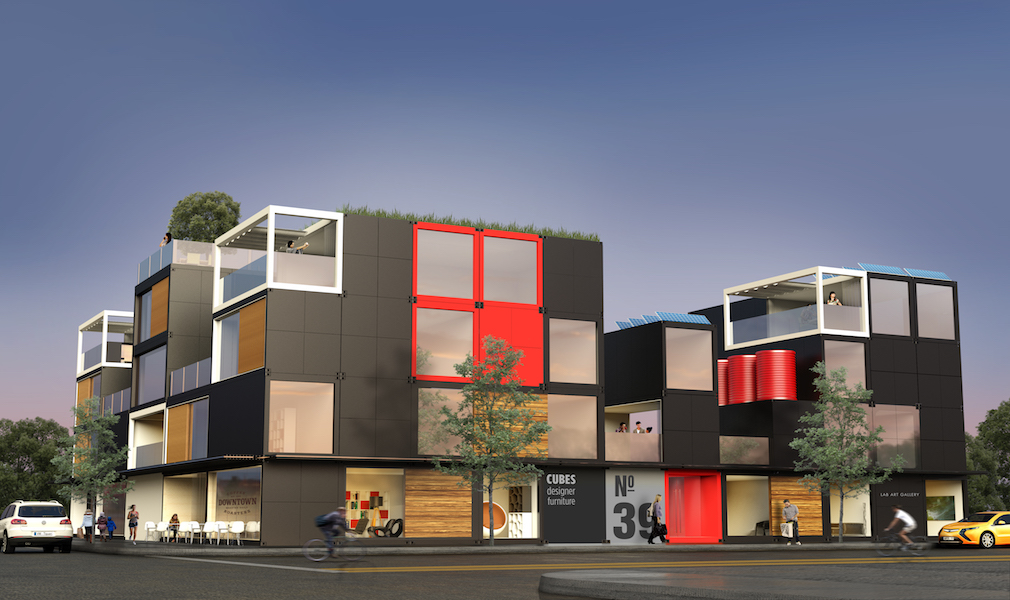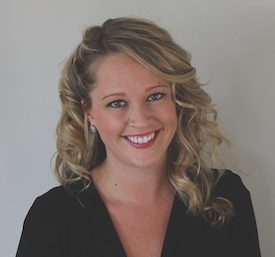They’re called Bloks – not exactly Lego blocks, but not unlike them either. They are prefabricated housing units, similar to shipping containers, that can be connected and stacked five units high.
In Puget Sound, Washington, where home prices are among the highest in the nation, the first Bloks of a 70-unit development by Blokable were put into place last month for an affordable housing community. Qualified residents will rent studio- to three-bedroom-sized units for a price that is based on their income.
The project is the result of a partnership with Seattle-based Compass Housing Alliance and the land was donated by Edmonds Lutheran Church. It’s an example of exactly what Blokable’s co-CEOs say they hope to achieve, which is what they call “housing development as a service.”
“Our goal is to create a solution that can afford high-volume, low-cost development in a public-private partnership,” said Co-CEO Nelson Del Rio. “We are working with corporations, religious organizations, not-for-profits who say, ‘Look, if you can perform as a service and you’re not taking the equity, we will give you dirt. If you’re trying to give better housing to the people at lower cost, we will be there by your side.’”
The idea for Blokable came from Co-CEO Aaron Holm, whose background is in tech, supply and logistics. As a former product manager at Amazon, Holm helped with the company’s book store launch and the Amazon Go checkout-free grocery store.
“We’re redefining the engagement model. We are housing development as a service,” said Holm. “We don’t think the market is working correctly, it is syphoning wealth to an increasingly small portion of the population… People are being blocked out of the opportunity of homeownership.”
To solve the problem, Blokable is manufacturing what it calls high-quality, low-cost housing units. The Bloks are manufactured in Vancouver, Washington, and the price per square foot ranges from $150 to $350. Each Blok is outfitted with smart home technology to control the efficient use of electricity and water.
While the Block’s steel frames are standardized, everything else is customizable. Del Rio said the Blocks have a high degree of variability in design so that each project can be customized to best integrate into the community.
Blokable’s concept appears to be resonating. Last year, it raised $5 million in growth capital from Paul Allen’s Vulcan Capital.
“We’re heavily focused on affordable housing, that’s where our hearts are,” said Del Rio. “We want to provide a service to community and make a reasonable fee at high volume on a product, and let the equity go to the people and the community.”





